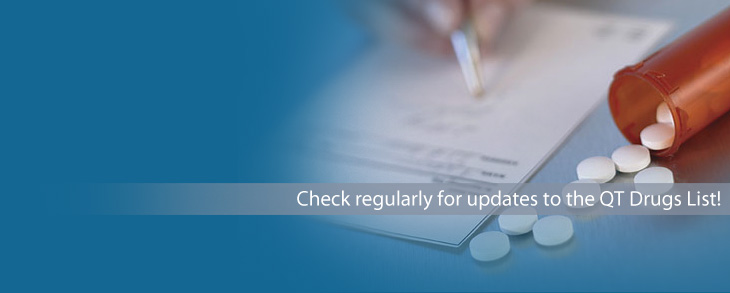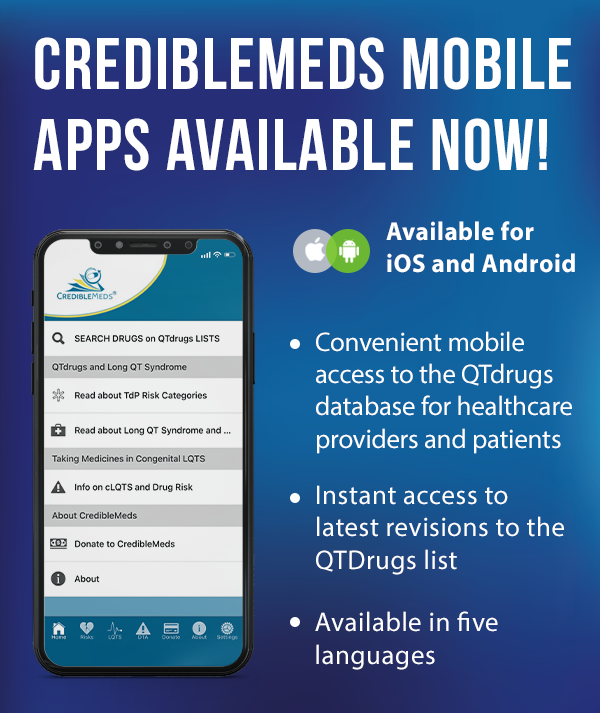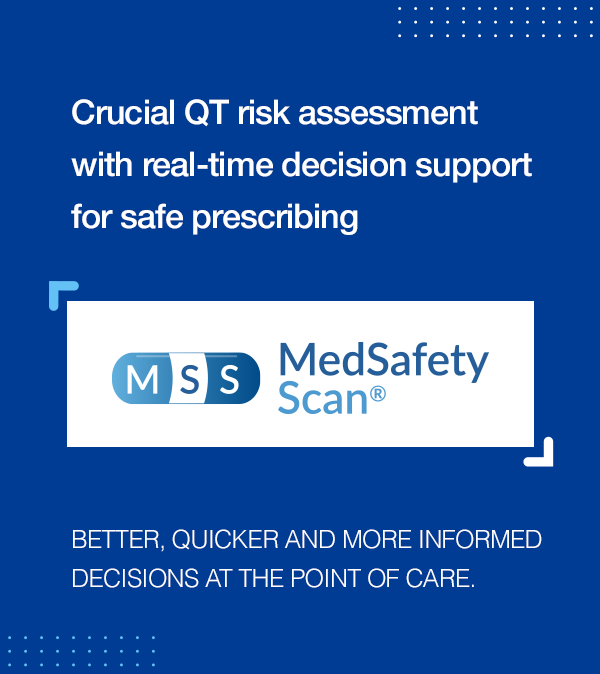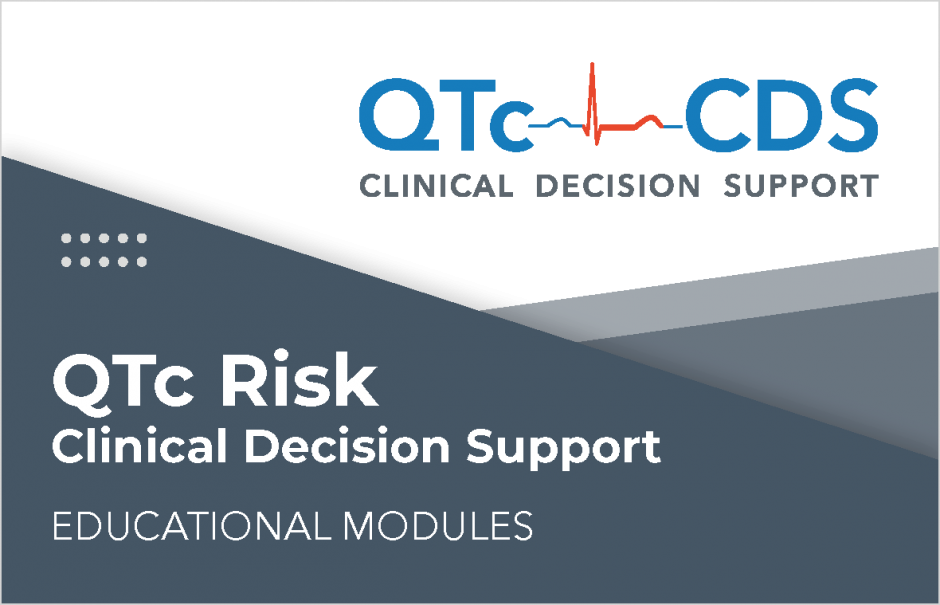Orphan Drugs – The World’s Most Expensive Medications Explained
In 2016 the most expensive drug was priced at $72,000 per treatment. In 2017 the top three are from $626,000 to almost $800,000. What has changed in just one year to warrant such a steep price? Most of these hugely expensive drugs began as “orphan drugs,” and they were the topic of conversation as Dr. Ray Woosley, Founder of Crediblemeds and the Critical Path Institute, sat down with KVOI’s Bill Buckmaster during Buckmaster’s monthly “Your Meds” segment on May 2, 2017.
Orphan drugs are so named because they are expected to be used to treat some of the rarest illnesses. As a result, the incentive to develop these drugs is not nearly as high for drug companies. With a few exceptions, development costs can often total in the hundreds of millions and the price for annual therapy for many of these drugs can actually reach up to over a quarter of a million dollars per patient! Even though these drugs are used rarely, providing just 5 to 50 treatments per year throughout a patient’s life can add up billions in profits for many drug companies.
So, who pays for these drugs? One might think that it would be the insurance companies, when in fact the general public who have health insurance must absorb most of the costs. People who pay insurance premiums or taxes end up footing the bill for a small population who have the rare and tragic illnesses that require expensive treatment with orphan drugs.
As a result of exorbitant drug costs, many families are ravaged by medical bills, and many companies have incredibly high co-pays that can easily bankrupt a family. Luckily, these families or those without insurance are able to take part in free drug programs, although it’s important to note that these programs are largely subsidized by charging insurance companies even more for the drugs.
You might be asking, “is this a phenomenon that occurs in other countries as well?” For the most part, no. A law passed by Congress specifically prohibits Medicare and Medicaid from negotiating the costs of prescriptions drugs, and every other country in the world negotiates a much lower price than US residents are made to pay.
There is a silver lining to the issue of orphan drugs, however. In the past, no company would develop drugs for rare diseases because of a lack of profit margins. No patients to have an option for treatment provided by those drug companies who are willing to take the risk to develop those drugs.
The price for orphan drugs has simply gotten out of control. The pricing has gone beyond the bounds of reason, and the public backlash alone is enough to do severe damage to the industry if changes aren’t made. Talk to your representatives in Washington and ask for a healthcare system that treats healthcare as a right for every citizen instead of as merely another big business.
Interested readers can listen to this archived broadcast of Bill Buckmaster’s monthly “Your Meds” segment by following the link below. The segment begins at 45:00.
http://www.buckmastershow.com/shows/2017/5-2-17.mp3
Loading Conversation












